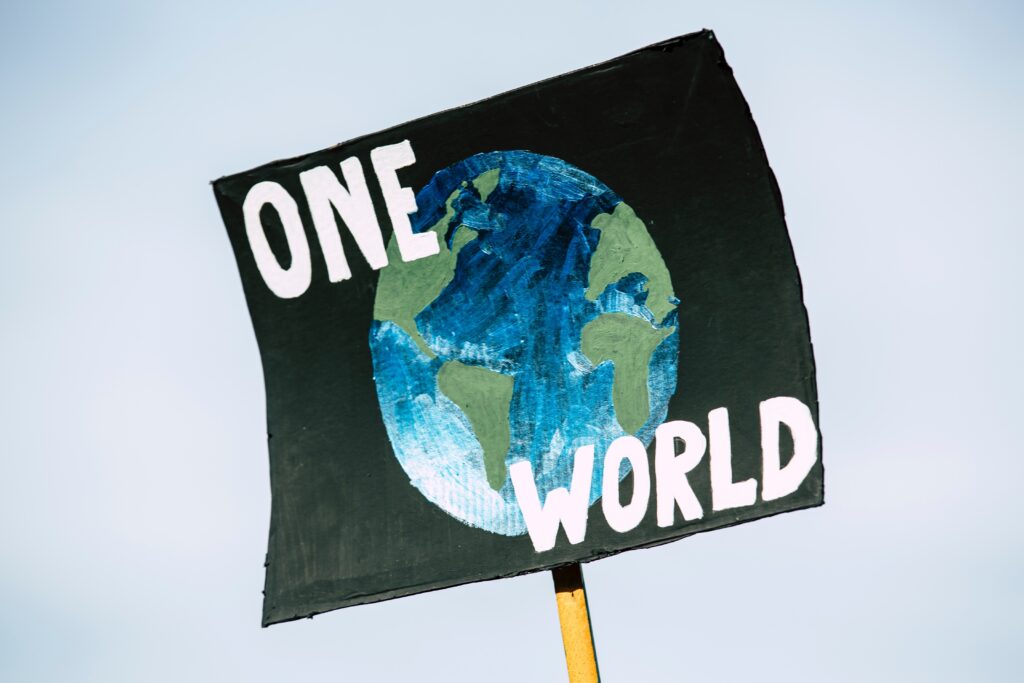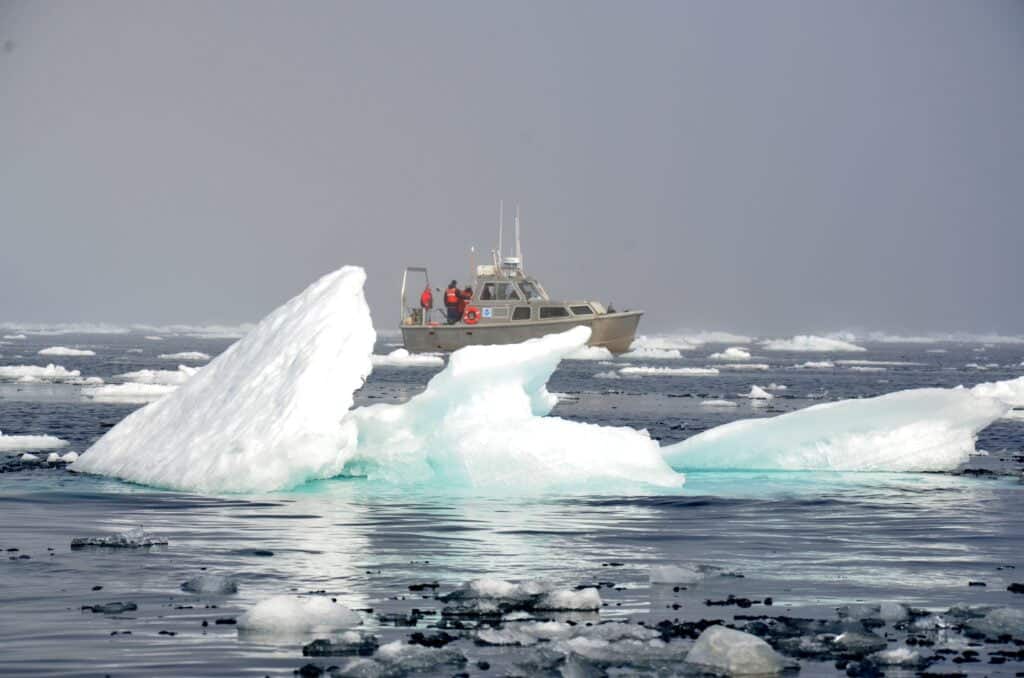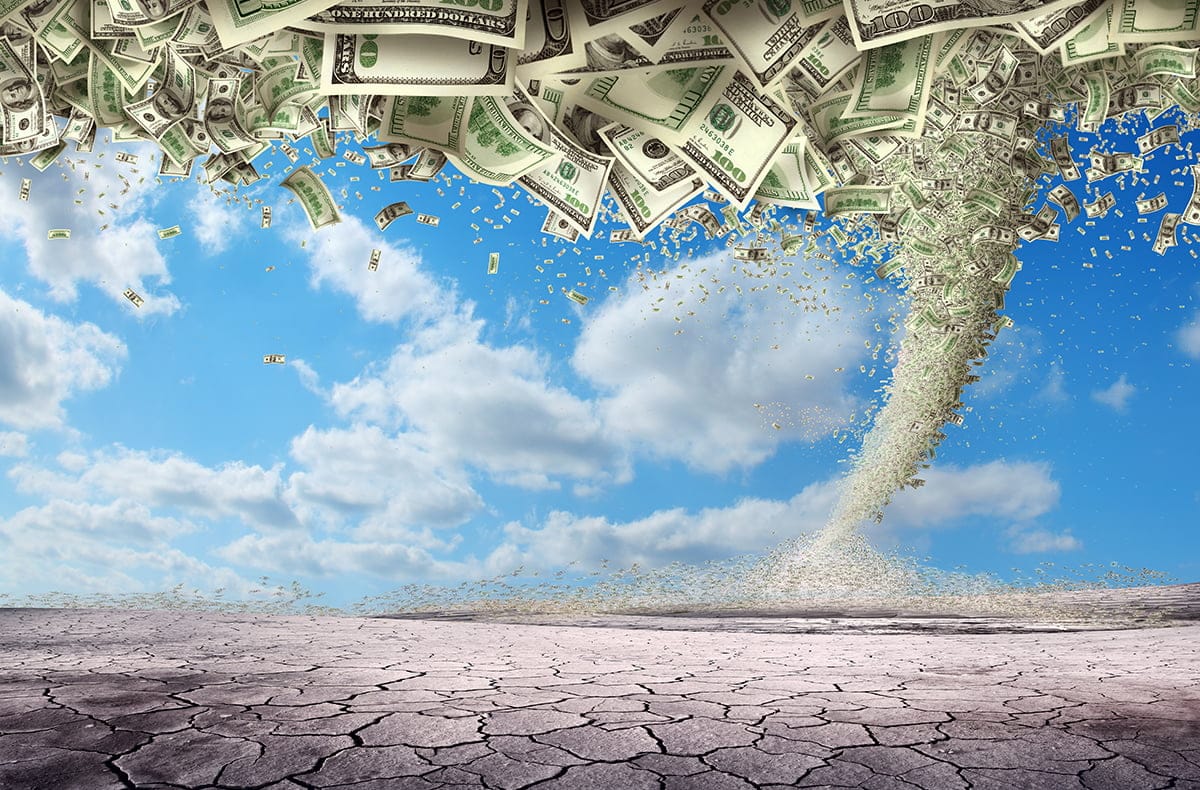A growing number of economists say the world should take "immediate and drastic action" to tackle climate change, according to a poll released Tuesday.
And it is not a question linked only to the health of the planet and of people (which would already be enough for me and would advance, however). It is also a question of economic convenience.
Unsustainable costs

Not taking action against climate change could cost the world an estimated $1,7 trillion per year within the next 4 years. And the damage would grow to about THIRTY trillion a year within the next 50 years, according to estimates from 738 economists around the world surveyed byInstitute for Policy Integrity of New York University.
“People joke that economists never agree,” he says Derek Sylvan, strategic director of the Institute, among the authors of the survey. “This time the consensus is very strong on the economic benefit of climate action”
Fully three-quarters of those surveyed strongly agreed that drastic action should be taken immediately. That's a 50% increase over the economists surveyed by the same institute just 6 years ago.
On achieving net zero emissions by 2050, two thirds of the economists interviewed agreed on the convenience of climate action. Convenience, yes sir. For these economists, the investment costs towards this global goal would be outweighed by the economic benefits.
The benefits of climate action and zero emissions

The benefits of the ecological transition would include the prevention of natural disasters, the conservation of infrastructure and coastal assets, and the protection of food supplies. Significant savings.
For this to happen, however, scientists warn that the milestone must be crossed by 2050.
The huge consensus of economists

I am surprised that so many economists see investments towards zero emissions as “economically desirable”, even in the short term. This is a fundamental signal, in my opinion, of a world that is starting to change direction decisively.
Most international climate economists polled for the survey said they were most concerned about climate change over the past five years. The most common reason they gave was the escalation of recent extreme weather events, which included climate-related wildfires and heat waves.
The world saw more than 7.300 major natural disasters between 2000 and 2019, which killed about 1,2 million people and did about $3 trillion in damage, according to the United Nations Office for Risk Reduction disasters. In the previous 20 years, however, there were around 4.200 disasters, leading to 1,19 million deaths and 1,6 trillion dollars in losses.
We know who "loses" by investing in the fight against climate change. Even those who lose, though.
Economic disparities make it difficult to apply simple cost-benefit analyzes. A poor family will suffer greater economic losses than a rich family.
Climate damage a Bill Gates o Jeff Bezos they are much less than those suffered by a family of four living below the poverty line. And this is an evaluation that is not just a matter for economists, on the contrary.


